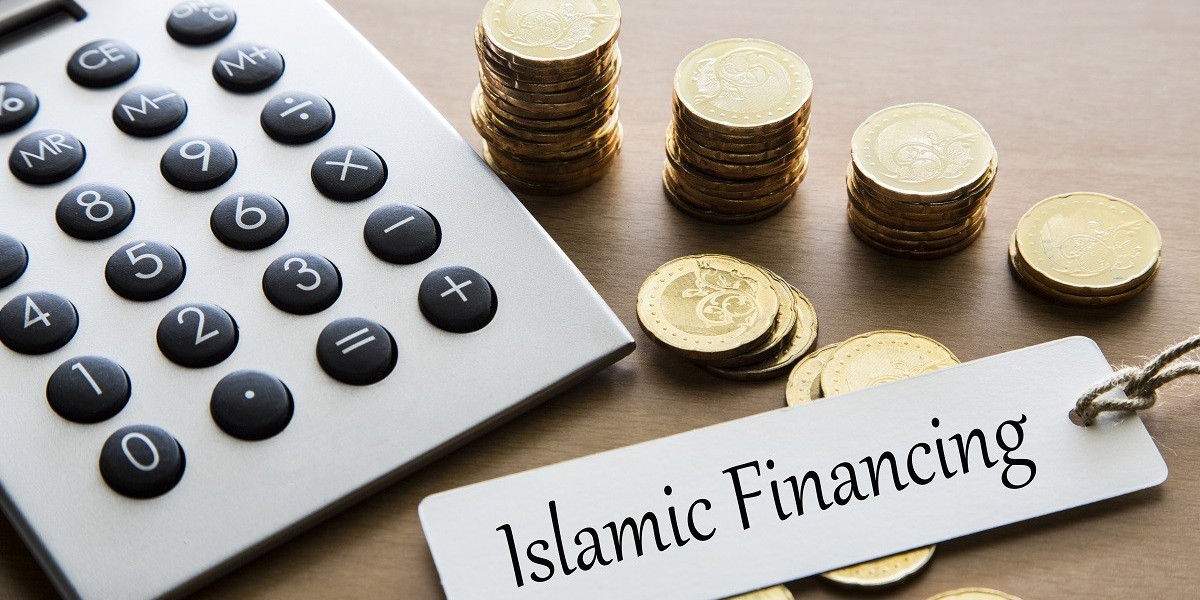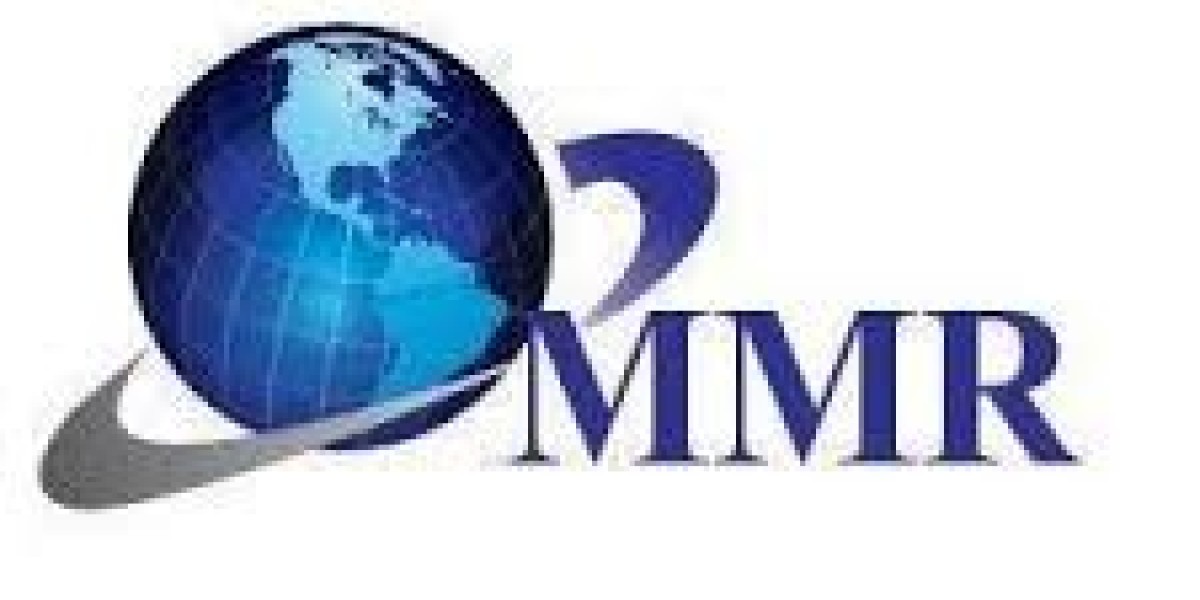The global landscape of finance is changing rapidly, and one of the most significant developments is the rise of Islamic finance. Islamic finance, guided by Shariah principles, focuses on promoting ethical investments and transactions that do not involve interest (Riba) or speculation (Gharar). With a projected growth rate of 10-12% per year, according to the Islamic Financial Services Board, this sector is becoming a key part of the global financial ecosystem. For professionals looking to gain specialized knowledge in this field, pursuing a diploma in Islamic finance is a strategic step to enhance their expertise.
This article explores the best five diploma programs that will help you strengthen your Islamic finance knowledge and give you a competitive edge in the market.
Why Pursue a Diploma in Islamic Finance?
A diploma in Islamic finance offers several benefits. It provides professionals with a deep understanding of Shariah-compliant banking, investment, and risk management principles. As Islamic finance continues to expand globally, there is a growing demand for professionals who can navigate its complexities and meet the sector's unique demands. From corporate finance to personal banking, diplomas in Islamic finance provide essential knowledge for those looking to operate in or transition to this flourishing industry.
Moreover, these diplomas are often flexible and affordable, allowing working professionals to upskill without having to sacrifice their jobs or personal commitments. Let’s explore some of the top programs available today.
Best 5 Diploma Programs in Islamic Finance
1. Diploma in Islamic Banking and Finance by AIMS
AIMS (Academy for International Modern Studies) is known for offering flexible and affordable diploma Islamic finance programs. The Diploma in Islamic Banking and Finance by AIMS stands out for its well-rounded curriculum that is designed to cater to both beginners and professionals already working in the financial sector.
Key Features:
Comprehensive Curriculum: This diploma covers fundamental topics such as Islamic banking principles, Shariah law, Sukuk (Islamic bonds), and Takaful (Islamic insurance).
Flexible Learning: The program offers online learning modules that students can complete at their own pace, making it highly accessible for working professionals.
Global Recognition: AIMS’ diploma is recognized by institutions around the world, making it an excellent choice for those seeking international opportunities.
AIMS has played a crucial role in providing high-quality education globally, and its Islamic finance program is one of the top choices for professionals looking to build a solid foundation in the field.
2. Certified Islamic Finance Executive (CIFE) by Ethica Institute
The Certified Islamic Finance Executive (CIFE) program by Ethica Institute is another leading diploma that equips students with in-depth knowledge of Islamic finance principles and their practical application.
Key Features:
100% Online Learning: This program is entirely online, with video lectures, quizzes, and interactive learning modules that make it easy for students to understand the concepts of Islamic finance.
Industry-Focused Training: The CIFE diploma is designed by professionals for professionals, ensuring that the curriculum is up-to-date with the latest trends and practices in the Islamic finance industry.
Short Duration: The program can be completed in just 4 to 6 months, making it a quick option for those looking to gain expertise in Islamic finance.
The CIFE diploma is ideal for those who want to gain a practical understanding of Islamic finance quickly while maintaining flexibility in their learning schedule.
3. Postgraduate Diploma in Islamic Finance and Banking by INCEIF
The International Centre for Education in Islamic Finance (INCEIF) offers a Postgraduate Diploma in Islamic Finance and Banking, which is specifically designed for professionals seeking advanced education in this field. This program is well-suited for those who already have a background in finance and are looking to specialize further.
Key Features:
Advanced Curriculum: The diploma covers complex topics such as Islamic investment products, risk management, and wealth management from an Islamic perspective.
Global Accreditation: INCEIF is accredited by multiple international bodies, ensuring the quality of education is world-class.
Networking Opportunities: With a vast alumni network, students have the opportunity to connect with Islamic finance professionals worldwide.
This postgraduate diploma is perfect for individuals aiming to assume leadership roles in Islamic finance and contribute to strategic decision-making processes.
4. Diploma in Islamic Finance by the Institute of Islamic Banking and Insurance (IIBI)
The Diploma in Islamic Finance offered by the IIBI is another excellent program for professionals who want a comprehensive understanding of Islamic financial systems.
Key Features:
Interactive Online Learning: The IIBI provides interactive and user-friendly online learning platforms, making it easy for students to follow the curriculum at their own pace.
Shariah-Compliant Focus: The program focuses heavily on the application of Shariah principles in banking, making it highly relevant for those looking to work in Islamic financial institutions.
Certification: Upon completion, students receive a diploma recognized by Islamic finance institutions globally, enhancing their employability.
5. Diploma in Islamic Economics and Finance by Al-Madinah International University
Al-Madinah International University offers a Diploma in Islamic Economics and Finance, which focuses on the broader aspects of Islamic finance, including the economic theories that support Shariah-compliant financial practices.
Key Features:
Diverse Curriculum: The program covers everything from the basics of Islamic economics to the application of these principles in real-world financial systems.
Holistic Approach: This diploma emphasizes both theoretical and practical knowledge, helping students to apply Islamic economic principles to solve financial challenges.
Affordable Tuition: Al-Madinah International University offers one of the most affordable diplomas in this field, making it accessible to students from diverse backgrounds.
The Growing Need for Islamic Finance Professionals
With over $2 trillion in assets under management, Islamic finance is quickly becoming a cornerstone of the global financial system. Countries like Saudi Arabia, Malaysia, and the UAE are leading the way in Islamic finance, but interest is growing in Europe and North America as well. According to Thomson Reuters, Islamic finance is expected to grow at a rate of 8-10% annually over the next few years.
The increasing demand for Islamic mortgage products, wealth management, and ethical investment solutions also calls for more professionals who understand the intricacies of Islamic finance. Professionals who specialize in this field can look forward to a rewarding career with numerous growth opportunities.
Career Opportunities After Completing a Diploma in Islamic Finance
Upon completing a diploma in Islamic finance, students can pursue various career paths, including:
Shariah Compliance Officer
Islamic Banking Analyst
Takaful Specialist
Wealth Management Advisor
Islamic Investment Manager
These roles are in high demand across the Middle East, Asia, and beyond, with average salaries ranging from $60,000 to $120,000 annually, depending on the country and level of experience.
Frequently Asked Questions (FAQs)
1. What are the advantages of pursuing a diploma in Islamic finance?
Pursuing a diploma in Islamic finance equips you with specialized knowledge and skills that are in high demand in the global finance sector. It also helps professionals transition into Islamic finance roles, which often offer higher salaries and more growth opportunities.
2. How long does it take to complete a diploma in Islamic finance?
Most diploma programs in Islamic finance can be completed within 6 to 12 months, depending on the program and the student's pace of study.
3. What is an Islamic mortgage, and how is it different from a conventional mortgage?
An Islamic mortgage is a home financing option that complies with Shariah law. Unlike conventional mortgages, Islamic mortgages do not involve interest (Riba). Instead, the lender and borrower enter into a partnership, where the lender buys the property and leases it to the borrower at a profit, gradually transferring ownership over time.
4. Is Islamic finance only relevant in Muslim-majority countries?
No, Islamic finance is growing globally, with interest rising in non-Muslim countries as well. Its emphasis on ethical and socially responsible investing appeals to a wide range of investors worldwide.
5. Can I study Islamic finance online?
Yes, many institutions, including AIMS, offer flexible and affordable diploma Islamic finance programs that can be completed online. These programs allow students to study at their own pace and from anywhere in the world.








